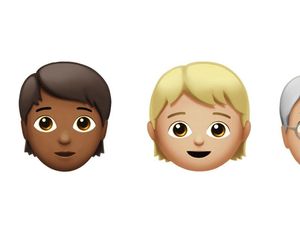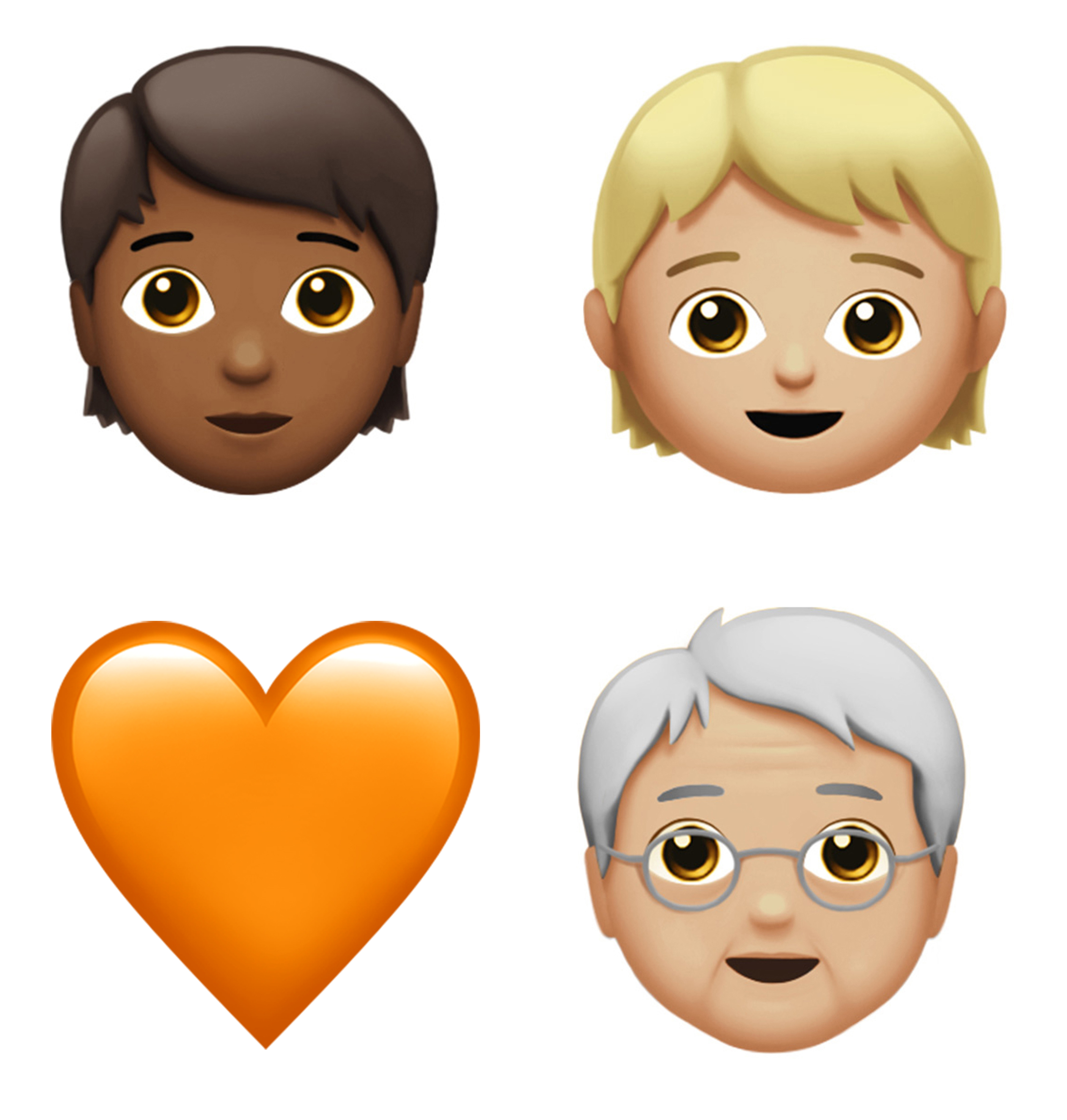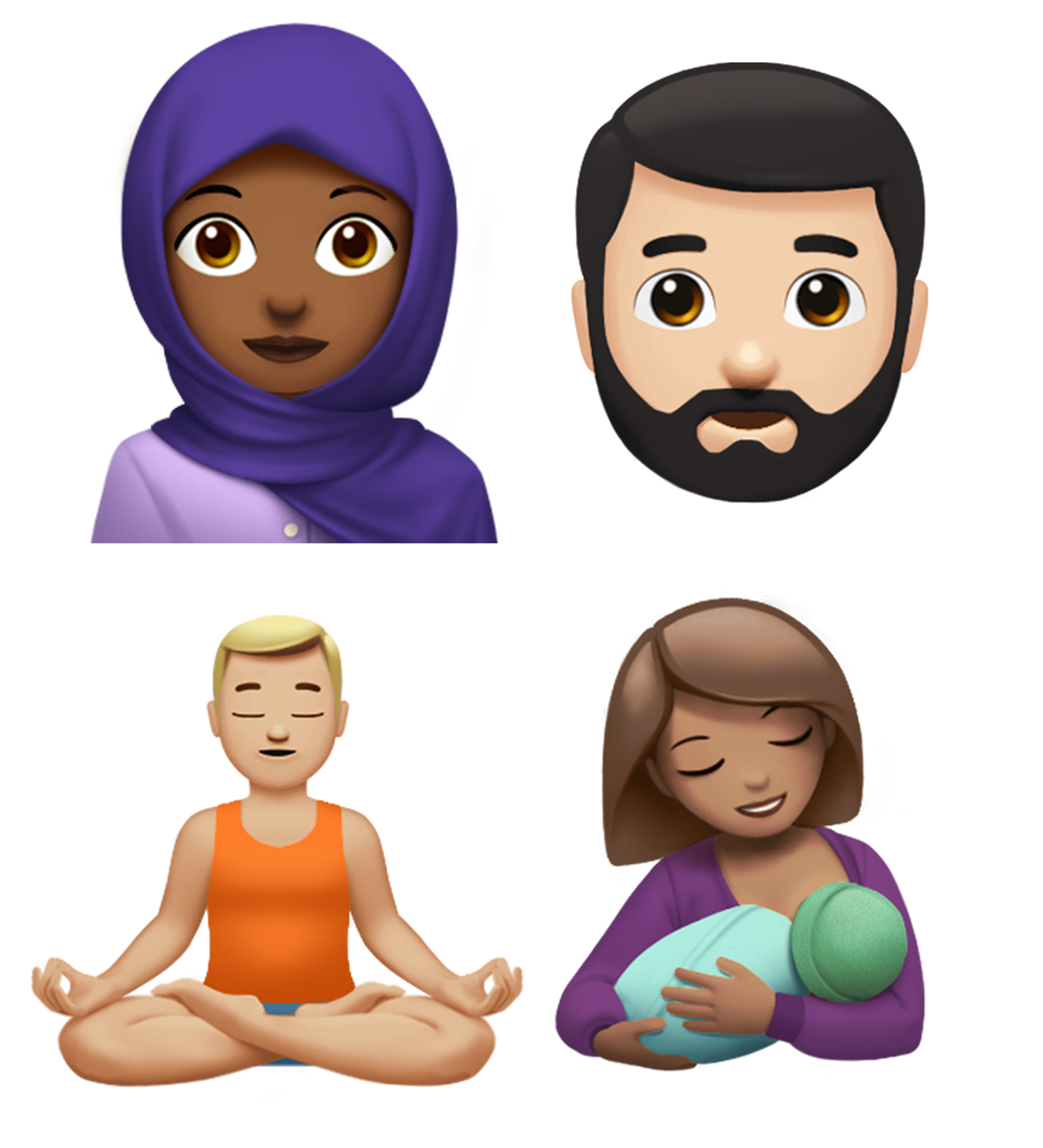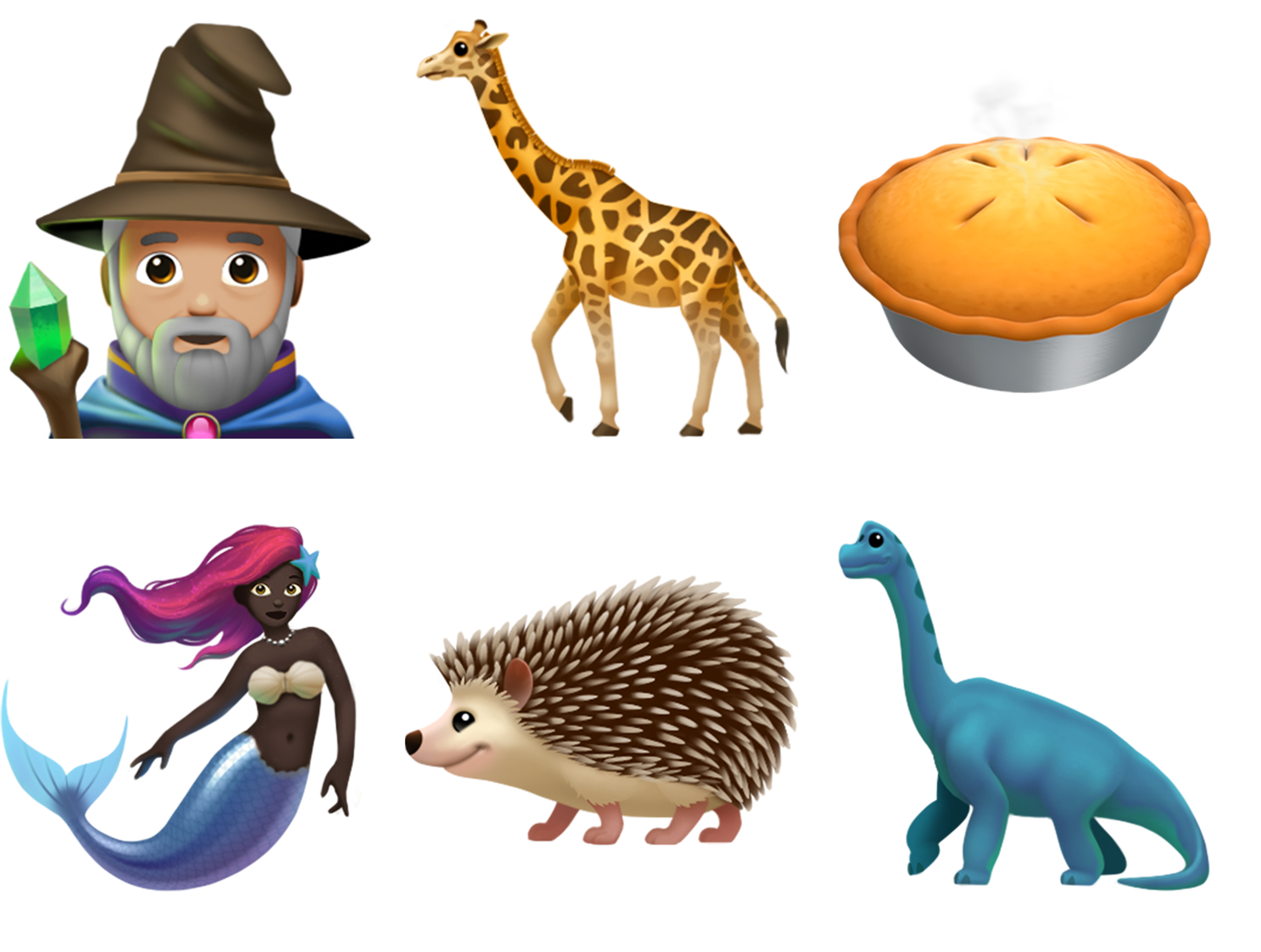Gender-neutral emojis join mermaid and zombie in Apple’s new iOS update
The icons are among many confirmed earlier this year.

Apple has released a new set of emojis – which include gender-neutral faces and an orange heart – as part of the technology giant’s latest software update.
New designs which were approved by the Unicode Consortium – an independent standards body for the image-based language – have been made available to iPhone and iPad users in the company’s OS 11.1 update.
You will soon be able to use new animals such as a hedgehog, a giraffe, a cricket and a sauropod in your text messages and indicate your food choices with items such as a dumpling, broccoli and an apple pie when you get the beta update.

The love-you gesture has been updated with a design based on the “I love you” hand sign in American Sign Language, and mythical creatures such as a mermaid, a merman, a fairy, a vampire and a wizard have been added.
The update also features characters previewed at the World Emoji Day on July 17, which include a woman with a headscarf as well as a bearded man, a breastfeeding woman, a zombie and a person in a lotus position.

The orange heart emoji is the latest addition to the existing coloured hearts in rainbow shades.
The Unicode Consortium analyses and approves submitted designs of emoji for use by all the major technology companies, including Apple, Google, Microsoft and Twitter.

Emoji was characterised as the fastest growing language in the UK by 2015 and it is said to be evolving faster than many ancient types of communication.
The images take their name from the Japanese words meaning “picture” and “character”, having originated in the country in the late 1990s, before becoming popular among instant messaging and social media users.





